The Social Studies major provides a liberal arts approach to the empirical study of Society. This major provides training that is thematically broad, methodologically mixed, and analytically rigorous in its approaches. Students in this interdisciplinary major work across a variety of disciplines including anthropology, sociology and political science, to address big problems across modern societies. Graduates will be well prepared to pursue graduate study in the social sciences as well as diverse careers such as NGO work, entrepreneurship, research, consulting, leadership, and work in international organizations.
Social Studies
Social Studies at Fulbright
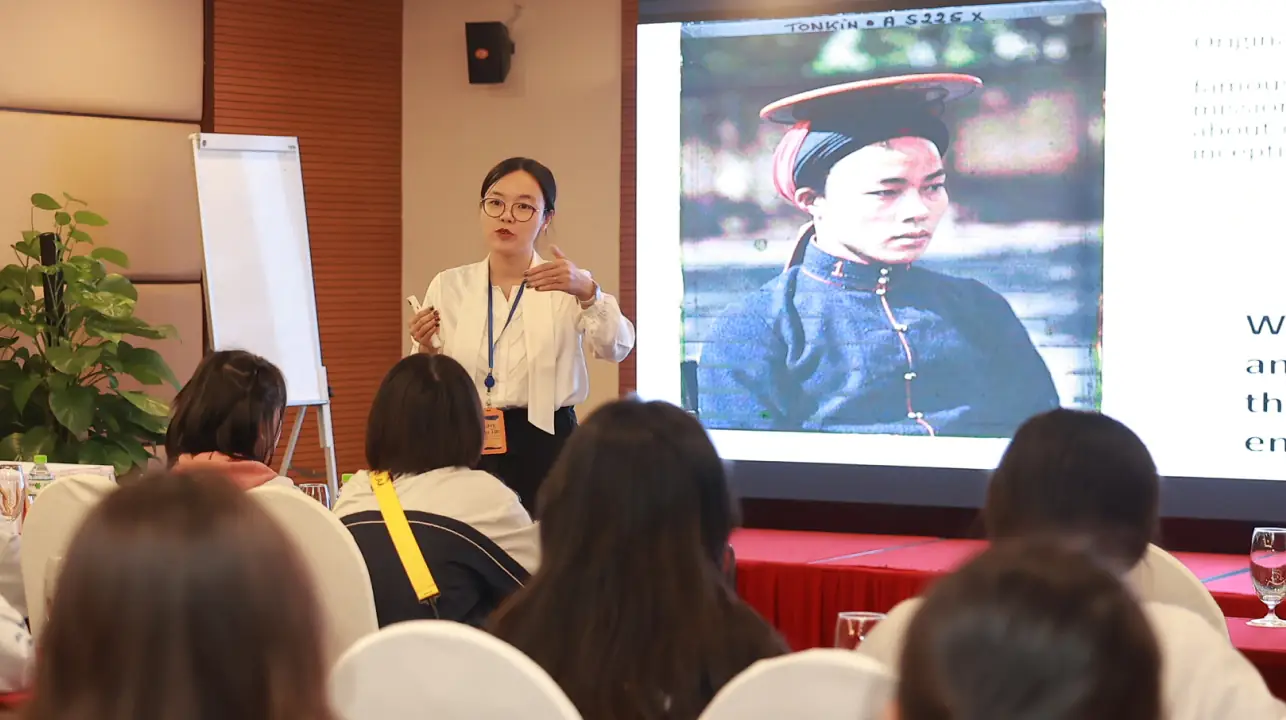
Welcome to the Social Studies Major at Fulbright!
Greetings and welcome to Social Studies! Social Studies is Vietnam’s first interdisciplinary social science major, incorporating approaches from Sociology, Anthropology, and Political Science.
We live in a single global society, and many different societies at the same time. Our world is one of complexity and connectivity. Industries and nations need people trained to understand and interpret society, to both predict and influence how people think and act. In Fulbright’s Social Studies program we prepare students to do just that.
Students learn a wide variety of research methods such as ethnography, survey design, interviewing, focus groups, quantitative analysis, and more, in order to make sense of this complex world. Students are further introduced to topics important in today’s societies, including family, money, development, sex/gender, identity, migration, technology, language. We welcome you to explore this page, and learn a little bit about what we are doing in Social Studies!
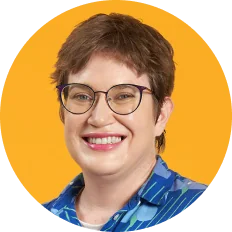
For more information about the Social Studies major, please contact our Major coordinator at socialstudies@fulbright.edu.vn
Academic spotlight
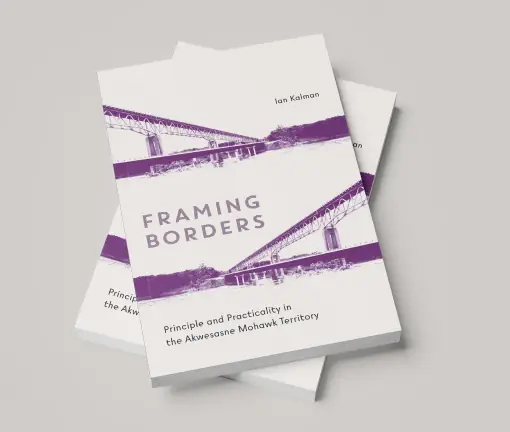


Degree Requirements
A Bachelor of Arts in Social Studies is awarded following successful completion of:
General education:
- 5 Core courses (20 credits) and 8 Exploratory courses (32 credits), of which up to two Exploratory courses (8 credits) can be counted towards the major.
- Fulbright Seminar (4 credits, optional) and Experiential Learning (4 – 12 credits)
Regular Major Requirements:
- 1 Foundational survey course – Social Inquiry (4 Credits)
- 1 Foundational methods course (4 Credits)
- 1 Foundational theory course (4 credits)
- 6 Courses offered by the Social Studies Major, at least 2 of which must be at an advanced (300) level. (24 Credits)
- 2 Additional Courses in the Major (either regular major, or major with honors) (8 credits)
- 2 Additional courses offered by the Social Studies Major, at least 1 of which must be advanced (300) level. This can be taken in lieu of the major with capstone requirements (8 credits).
Sample Student Journey:
- Core Courses
- Exploratory Courses
- Foundation (Survey)
- Foundation (Methods)
- Core Courses
- Exploratory Courses
- Intermediate Courses
- Foundation (Theory)
- Electives
- Seminar Fulbright
- Experiential Learning
- Intermediate Courses
- Advanced Courses
- Electives
- Advanced Course
- Capstone I
- Capstone II
- Electives
Minor Requirements
A Minor in Social Studies is awarded following successful completion of:
- 1 Foundational Survey course – Social Inquiry
- 1 Foundational Methods course
- 1 Foundational Theory course
- 3 Courses offered by the Social Studies Major, at least 1 of which must be at advanced (300) level
Requirements for Declaring the Social Studies Major and Minor
In order to formally declare Social Studies as your major, you must complete Social Inquiry, and at least two courses at the 100 or 200 level. In order to formally declare Social Studies minor, you must complete Social Inquiry and at least one course in the Social Studies Program.
Graduation with Honors Requirements
- Student must complete Capstone I and Capstone II
- The Capstone must be graded as Honors pass
Sample course list
- Foundational Survey Course – Social Inquiry (SOCI 102): This course provides a survey of topics studied across the social sciences through an investigation of major challenges we face today. Themes include social issues related to governance, equality, health, gender and sexuality, race, environment, development, family, everyday life, and technology. This course will discuss the different branches of the social sciences in order to give students insights into how to orient their future program of study.
- Foundational Methods Course: In addition to Social Inquiry, students are required to take one introductory methods-intensive course. While many intermediate and advanced courses will contain a methodological component, these courses provide practical experience for students in the diverse empirical approaches taken by social sciences. Students will be exposed to both qualitative and quantitative approaches to research. These offerings will be expanded in the future.
Research Methods in Social and Behavioral Sciences (SOCI 105)
Ethnographic Research Methods (SOCI 109) - Foundational Theory Course: The social sciences emerged as a distinct form of intellectual inquiry alongside the industrialization of the late 19th century in Europe. Students will take a theory course that looks at core theoretical approaches which are shared across social scientific disciplines. Though many of contemporary social science’s theoretical antecedents originated in the west, we also examine how they have migrated to, been translated in, and influenced Asia. While students can complete foundational courses in any sequence, it is recommended that they complete their theory requirement in year 2.
- These offerings will be expanded in the future.
- Ethics and Moral Philosophy (SOCI 214)
- Introduction to Science and Technology Studies (SOCI 211)
- History of International Relations Theory (HIS 203)
Intermediate Courses: Intermediate courses examine key topics across the Social Sciences. Courses introduce students to methodological, theoretical, and thematic facets of a wide variety of topics. Students may take up to 4 intermediate courses as part of their completion of the major. Foundation courses are not a prerequisite for intermediate courses, though it is recommended students complete those courses as early as possible.
- Foundations of Political Economy (SOCI 201)
- Introduction to Political Science (SOCI 213)
- Disability and Culture (SOCI 215)
- Digital Anthropology (SOCI 202)
- Youth and Society in Asia (SOCI 204)
- Development from Below: Indigenous Paths to Modernity in Vietnam (SOCI 207)
- Culture and the Economy in Developing Asia (SOCI 208)
Advanced Courses: Advanced courses are small seminar-style courses that allow for in-depth discussion of specialized thematic and theoretical areas. Advanced courses can also be independent studies co-designed by the student and their advisor. Students must take at least 2 advanced courses to complete major requirements. Foundation courses are a prerequisite for advanced courses.
- Women and Politics in Asia (SOCI 301)
- Language, Culture, and Thought (SOCI 305)
- Global Political Economy (SOCI 307)
- The Anthropology of Sex (SOCI 309)
- Technology, Innovation and Conflict (SOCI 308)
Capstone Project (for Honors): Those students who wish to graduate with honors must complete a capstone seminar and capstone project as the culmination of their journey through the Social Studies major. They must also receive a grade of “honors” on their capstone. Capstones provide students with the opportunity to work closely with an advisor to dive deeply into a topic of their interest with an emphasis on ethics, the application of theory to methods, and communication of their ideas. While typical capstones will be research projects employing methods students have developed over the course of their studies, alternative projects such as films, social enterprises, policy reports, and digital media may also be developed in coordination with a supervisor.
Foundation Courses (3 required)
Foundation Courses:
(one in each area: Survey, Methods, Theory)
Foundational Survey Course:- Social Inquiry
Foundational Methods Courses Sample:
- Research Methods in Social and Behavioral Sciences
- Ethnographic Research Methods
Foundational Theory Courses
Sample:
- Ethics and Moral Philosophy
- History of International Relations
- Theory Introduction to Science and Technology Studies
Intermediate Courses (4 required)
Intermediate Courses (200-level):
- Foundations of Political Economy
- Introduction to Political Science
- Disability and Culture
- Digital Anthropology
- Youth and Society in Asia
- Development from Below: Indigenous Paths to Modernity in Vietnam
- Culture and the Economy in Developing Asia
Foundation courses are not a prerequisite for intermediate courses, though it is recommended students complete those courses as early as possible
Advanced Courses (2 required)
Advanced Courses (300-level):
- Women and Politics in Asia 13. Language, Culture, and Thought
- Global Political Economy
- The Anthropology of Sex
- Technology, Innovation and Conflict
Foundation courses are a prerequisite for advanced courses.
Major Courses (2 required)***
Major Courses (2 required)*
Major Courses:
Any courses offered by the Social Studies Major, at least one of which must be 300-level.Capstone I & Capstone II (2 required)**
*Regular major requirements
**Major with Honor requirements
***Any courses within the major
Meet our faculty
Featured faculty

Meet our Fulbrighters
Featured student
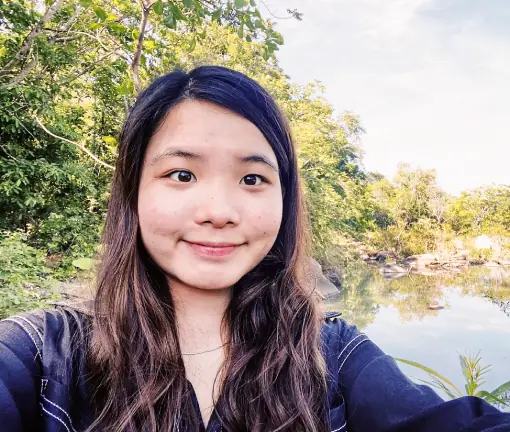
- Nguyễn Thị Kim Anh
- Nguyễn Ngọc Anh
- Nguyễn Việt Đức
- Phạm Minh Hiếu
- Nguyen Huy Hoang
- Nguyễn Minh Huyền
- Pham Nguyen Phuong Khanh
- Nguyen Ngoc Linh
- Nguyễn Thị Thanh
- Nguyễn Văn Thanh
- Đỗ Nguyễn Hà Vy
- Luong Ngoc Chung
- Lại Minh Ngọc
- Nguyễn Quang Tuệ
- Truong Thuy Lam Anh
- Tạ Thị Thùy Duyên
- Võ Thị Quỳnh Hương
- Lê Ngọc Khánh Linh
- Trần Thảo Linh
- Vũ Ngọc Kim Ngân
- Trần Thảo Nguyên
- Roãn Hồng Anh Thư
- Lê Minh Tú
- Nguyễn Thị Huyền
- Trần Thị Thu Thảo
- Nguyễn Kim Minh
- Tôn Thị Diệu Hà
- Phan Thị Minh Anh
- Võ Linh Đan
- Nguyễn Quang Minh

Meet our Alumni
Come and learn how Fulbright has impacted the lives of our current students and graduates.
Featured alumni

Selected Faculty Publications
Capstone projects
Events and News







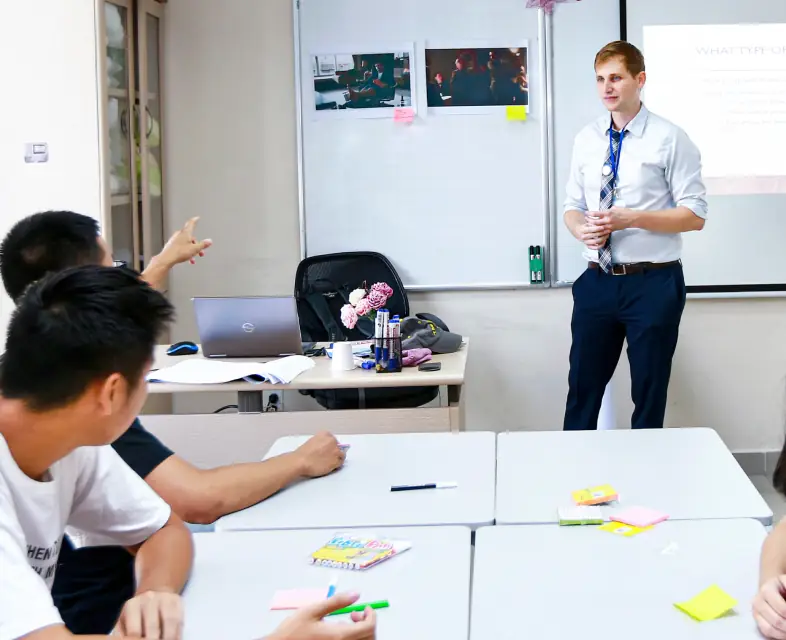





 Foundation Courses (3 required)
Foundation Courses (3 required)
